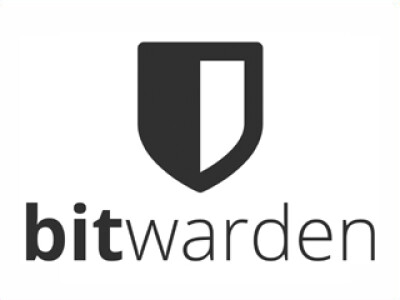

It integrates with iOS and Android, auto-filling passwords for app and website logins, a functionality that works even in command-line environments if needed. It’s available as a standalone application for desktop, as a Chrome extension (working with any Chromium-based browser like Opera, Edge, and Brave), and as add-ons for Firefox, Safari, and even the Tor Browser. There are Teams and Enterprise tiers at $3 and $5 per month, per user. In Focus: Bitwarden password manager reviewįor personal users, Bitwarden wins the price war at $10 per year for the fully-featured version, and like its competitors LastPass and 1Password (to name just a couple), Bitwarden is offered to businesses on a per-user basis, with an administrator’s dashboard for central management. The latter is incredibly convenient when onboarding or off-boarding staff, providing creation and deletion of passwords centrally.

There are a couple of bonuses that are nice-to-haves, too: compatibility with hardware security devices (hardware keys, building access management systems), verifiable end-to-end encryption, and some kind of specific business-focused payment tier and/ associated management system. Each password manager has different features and can work on a range of platforms, but to cover off the basics in this review, any chosen password manager should be cross-platform (Windows, Mac, and Linux), work in multiple web browsers via an extension or plug-in, be synchronized to an encrypted store, offer or be part of multi-factor authentication, and work with any security systems already deployed in the business.

There are plenty of password manager tools out there, with Wikipedia listing dozens, and many a review to boot.


 0 kommentar(er)
0 kommentar(er)
